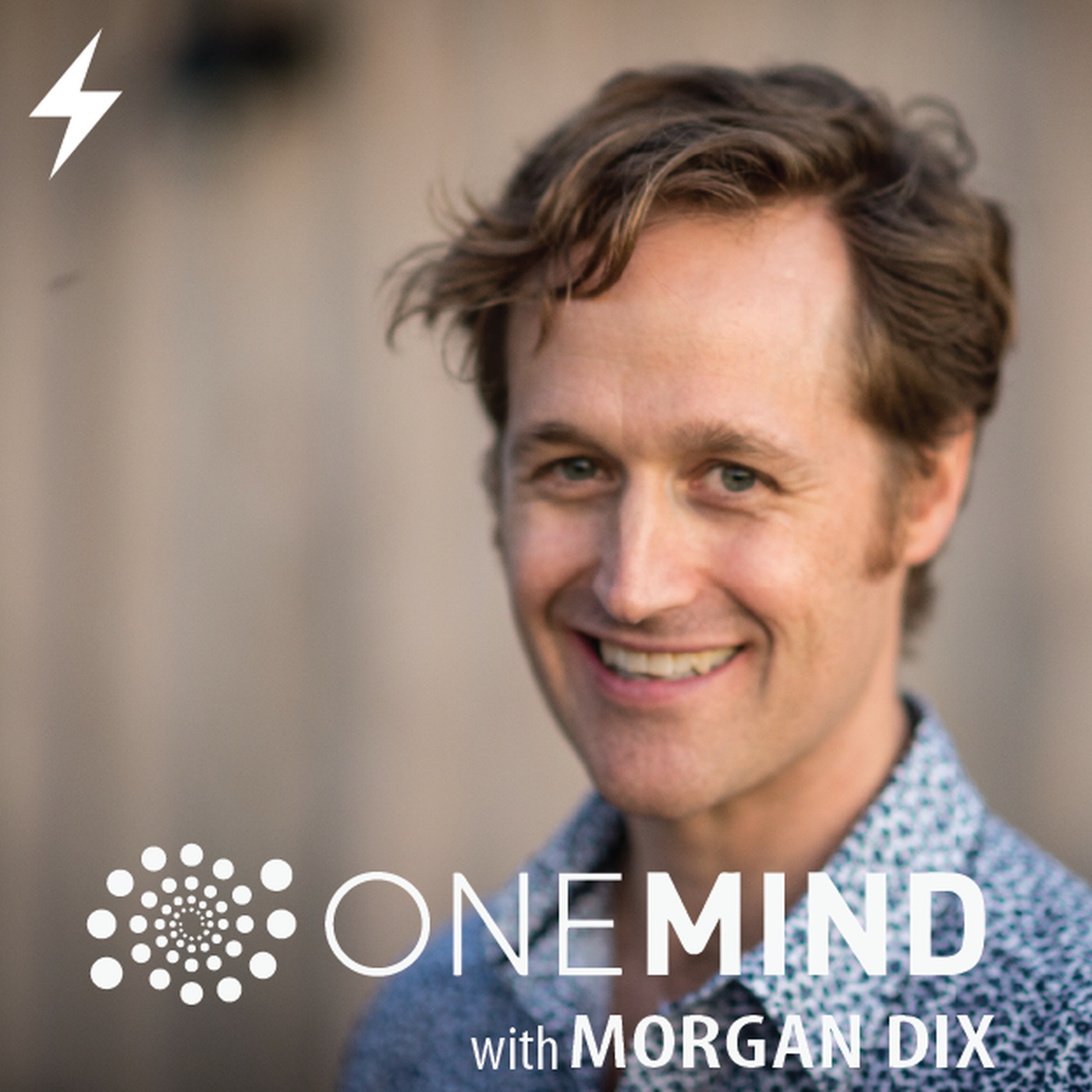
Meditation can be challenging. That’s especially true when you’re starting out. It’s easy to get lost, confused, frustrated, or just bored.
As you wade into the deeper waters of contemplative arts like meditation, it’s important to understand the terrain. For example, it’s helpful to know where you can expect challenges. Where (and when) are you going to have trouble meditating?
That kind of information is invaluable for any skill you’re trying to learn or master. But meditation has an added bonus. It’s a keystone habit, which means that it often triggers a cascade of other positive and transforming effects in your life.
Do You Have Trouble Meditating?
That’s why I devote this episode of the the OneMind Meditation Podcast to breaking down five of the biggest challenges that every meditator is probably going to face in her practice.
What about you? Can you say what your top challenge is in meditation?
It’s good to know your pain points so you don’t get stuck there. If you don’t pinpoint those challenging aspects of your practice, and make them explicit, you might find yourself treading water.
With meditation, like most other skills or practices that you’re trying to master, it’s essential that you keep moving forward. Progress can look different for each one of us. But the important point is that you continue to grow and learn.
Self-Knowledge Is Hard Work
Recently I discovered a startling piece of data. Researchers found that many people would rather electrocute themselves than spend time alone with their own thoughts. Can you believe that?
It reminds me of the oft-cited quote from mathematician and philosopher Blaise Pascal who once said that, “All men’s miseries derive from not being able to sit in a quiet room alone.”
As a race, we humans have not yet demonstrated that we are well-acquainted with the deeper currents of our own being. It seems we’re often estranged from the core drivers of our behavior and choices.
This helps to explain why meditation can be challenging. If anything, meditation allows you to bear witness to the movement of your own mind. In the process, you start to see what makes you tick. Depending on how you look at it, that can be exciting, scary, or painful. Often it’s all three.
Either way, it takes time and patience to get used to being alone with yourself. Eventually, insight will dawn and so will understanding—two great treasures that allow you to sit with quiet contentment in a room on your own. And you probably already know this, but there are so many more benefits to meditation.
Here’s one benefit I just learned about. According to Dr. Kelly McGonigal, author of The Willpower Instinct, neuroscientists discovered that meditation is one of the best things you can do to cultivate your capacity for self-control. People who meditate regularly, she says, have brains that are “finely tuned willpower machines.”
Regular meditators, it turns out, have improved focus, attention, stress management, impulse control, and self-awareness.
5 Meditation Pain Points
To gain these benefits and persevere in meditation, it’s good to know the territory and avoid some of the common pitfalls. In this episode of the OneMind Meditation Podcast, we discuss these five meditation challenges:
- You aren’t sure what to expect
- Meditation isn’t an experience
- You think your mind should be quiet
- Your mind keeps wandering
- You will lose inspiration

Show Notes
- If you enjoyed this podcast, you may also like our Meditation for Life Mini Course
- Learn more about our free awareness meditation course, How To Free Your Mind & Discover Deep Peace
- Take a self-paced introduction to Meditation, explore the Core Training Program
- Leave us a rating & review on iTunes
Thank you for such easy to follow introduction to meditation.
I am a begginer and I enjoyed your blog immensely.
Thank you again.
Hi Yolanda, Thanks for your comment and really happy you find it helpful. Please let me know if you have any questions.
I love that you say to ‘know your pain points’. This was a very helpful ‘point’ to make. I know that if I get up early I feel better for doing my meditation practice and yet there is the “I’m so tired I’ll just sleep a bit longer” but I end up feeling worse!
Dear Nikki,
Thanks so much for your comment. I absolutely know what you mean. It’s great that you know where your pain point is :-). I think what you’re pointing to is a universal sticking point!
Thank you Morgan,
I really enjoyed what you had to say.
I fell of the wagen with my regular meditation pr-axis and find it hard to get back into a routine.
I feel you have helped me alreay
Thank you
Blessings
Marianne
Hi Marianne,
Thanks for your comment and I’m really happy to know that this has been helpful! So easy to fall off the wagon. I read some recent research in a book called The Willpower Instinct that was helpful in this respect. It said that for most people, it’s infinitely more effective in moments when we fall off the wagon not to get down on ourselves by moralizing and saying “I am a bad person for this” and instead to ask ourselves, “does this get me any closer to my goal or not?” Makes sense but I found it interesting that there’s a body of research to back it up.
Even though I am committed to meditating regularly, it remains a challenge and it is helpful to know I am not the only one with “pain points”! The Willpower Instinct sounds interesting too. Thank you for a great blog, Morgan, so glad I found it.
Hi Margaretha, Thanks for your comment. So glad that you find the blog helpful and enjoyed the podcast. Yes, I find it really helps to speak to the common (and often universal) pain points we experience so we don’t feel so alone in them. At least I know it helps me. Thanks again and keep in touch!
Loved this podcast. So easy to understand and helpful. Every time I listen to one of your podcasts the penny drops a little further. Thank you so much Morgan x
Hi Karen,
Thanks a lot for your comment. I’m really happy you’re finding the podcast helpful. That’s great to hear and please let me know if you have any questions or if I can help any other way.